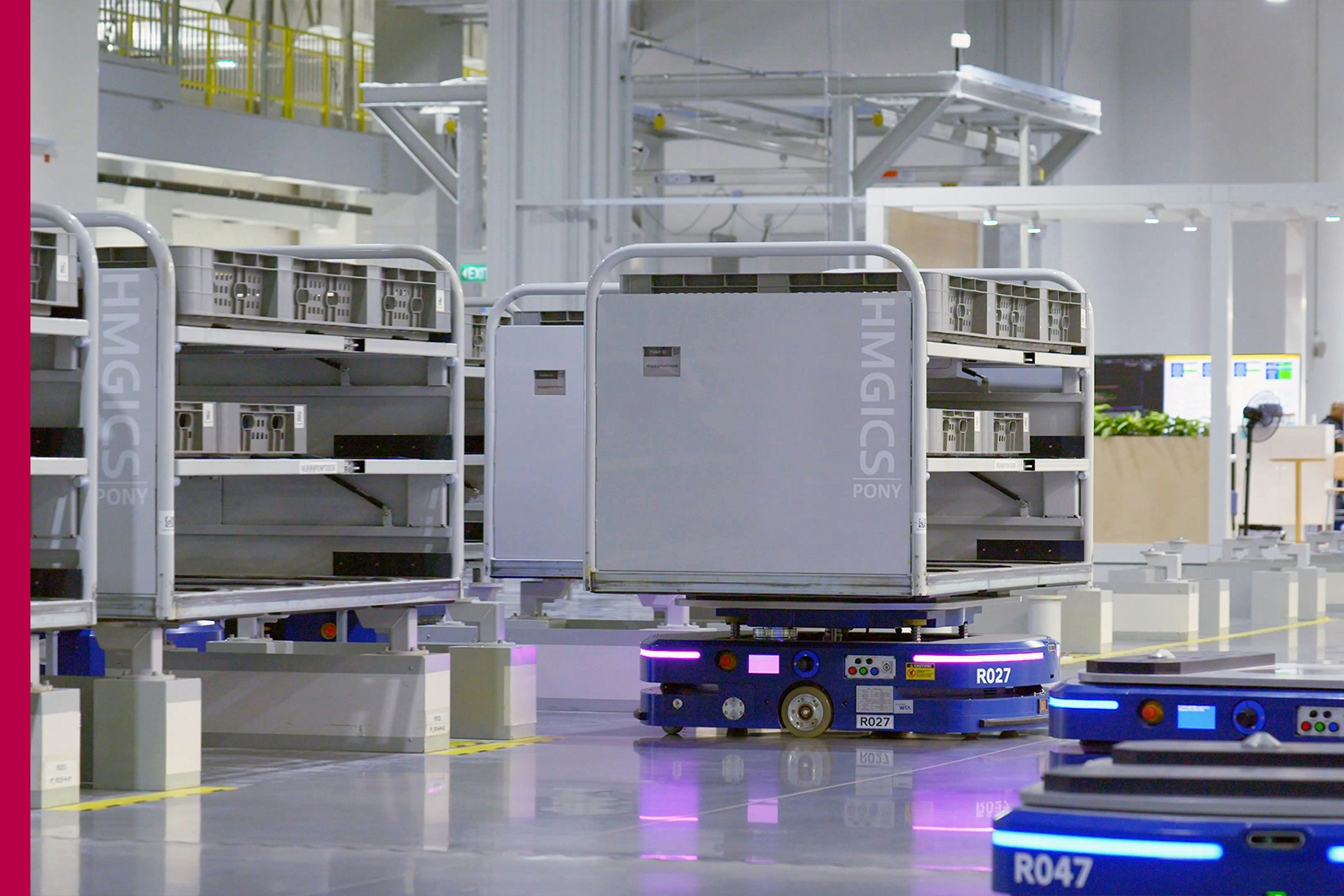In today’s interconnected world, supply chains are the backbone of global commerce. From raw materials to finished products, the movement of goods relies on efficiency, transparency, and adaptability. As consumer demands grow and markets evolve, supply chain technology and smart logistics are reshaping how businesses manage operations. Leveraging innovations such as IoT, AI, block chain, and automation, companies are transforming traditional supply chains into agile, intelligent ecosystems.
The Role of Technology in Supply Chains
The supply chain has always been complex, involving multiple stakeholders, processes, and geographies. Modern technology now provides the tools to streamline operations and overcome challenges like delays, rising costs, and lack of visibility.
Internet of Things (IoT): Connected sensors and devices track shipments in real time, providing data on location, temperature, and condition. This ensures better monitoring of goods, especially in sensitive sectors like pharmaceuticals and food.
Artificial Intelligence (AI) & Machine Learning: AI-driven analytics predict demand, optimize inventory, and reduce waste. For logistics providers, machine learning models can recommend the fastest and most cost-effective delivery routes.
Block chain: By creating tamper-proof digital records, block chain enhances transparency and trust in supply chains. Every stakeholder can verify product origin, compliance, and authenticity reducing fraud and errors.
Robotics & Automation: Automated warehouses with robots handling picking, packing, and sorting are speeding up processes while reducing human error. Drones and autonomous vehicles are also emerging as last-mile delivery solutions.
Benefits of Smart Logistics
Efficiency: Technology reduces bottlenecks and speeds up deliveries, ensuring goods reach customers faster.
Cost Savings: Better demand forecasting and route optimization minimize fuel costs and excess inventory.
Visibility & Transparency: Real-time tracking allows businesses and consumers to monitor shipments with accuracy.
Sustainability: Optimized logistics reduce carbon emissions, while green technologies like electric delivery vehicles contribute to eco-friendly practices.
Resilience: Digital systems provide flexibility to adapt quickly to disruptions such as natural disasters or supply shortages.
Challenges in Adoption
Despite its advantages, implementing smart logistics comes with obstacles:
High Initial Investment: Advanced technologies like robotics and block chain require significant financial resources.
Cybersecurity Risks: As systems become more connected, they are vulnerable to data breaches and cyber-attack.
Integration Complexity: Coordinating new technologies with legacy systems can be difficult, especially for global supply chains.
Skilled Workforce: Businesses need trained professionals to manage and interpret data-driven logistics systems.
The Future of Supply Chain Technology
As globalization continues, the demand for smarter, faster, and more sustainable supply chains will only grow. Future trends include AI-powered predictive logistics, autonomous shipping, and digital twins that simulate supply chain operations for better decision-making. Companies that embrace these innovations will gain a competitive edge, offering faster delivery, lower costs, and improved customer satisfaction.
Final Thoughts
Supply chain technology and smart logistics are no longer optional they are essential for success in the digital age. By adopting cutting-edge solutions, businesses can build resilient, efficient, and transparent supply networks. The companies that lead this transformation will not only meet customer expectations but also drive the next era of global trade.












